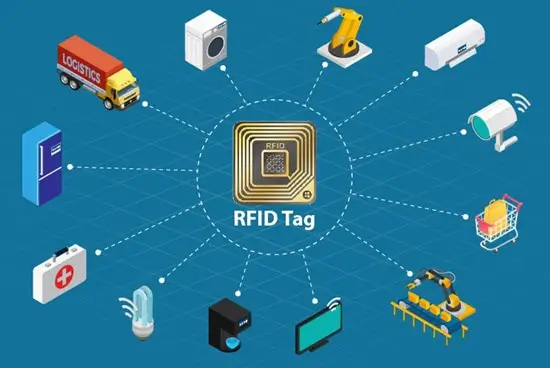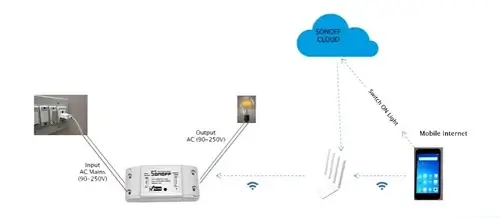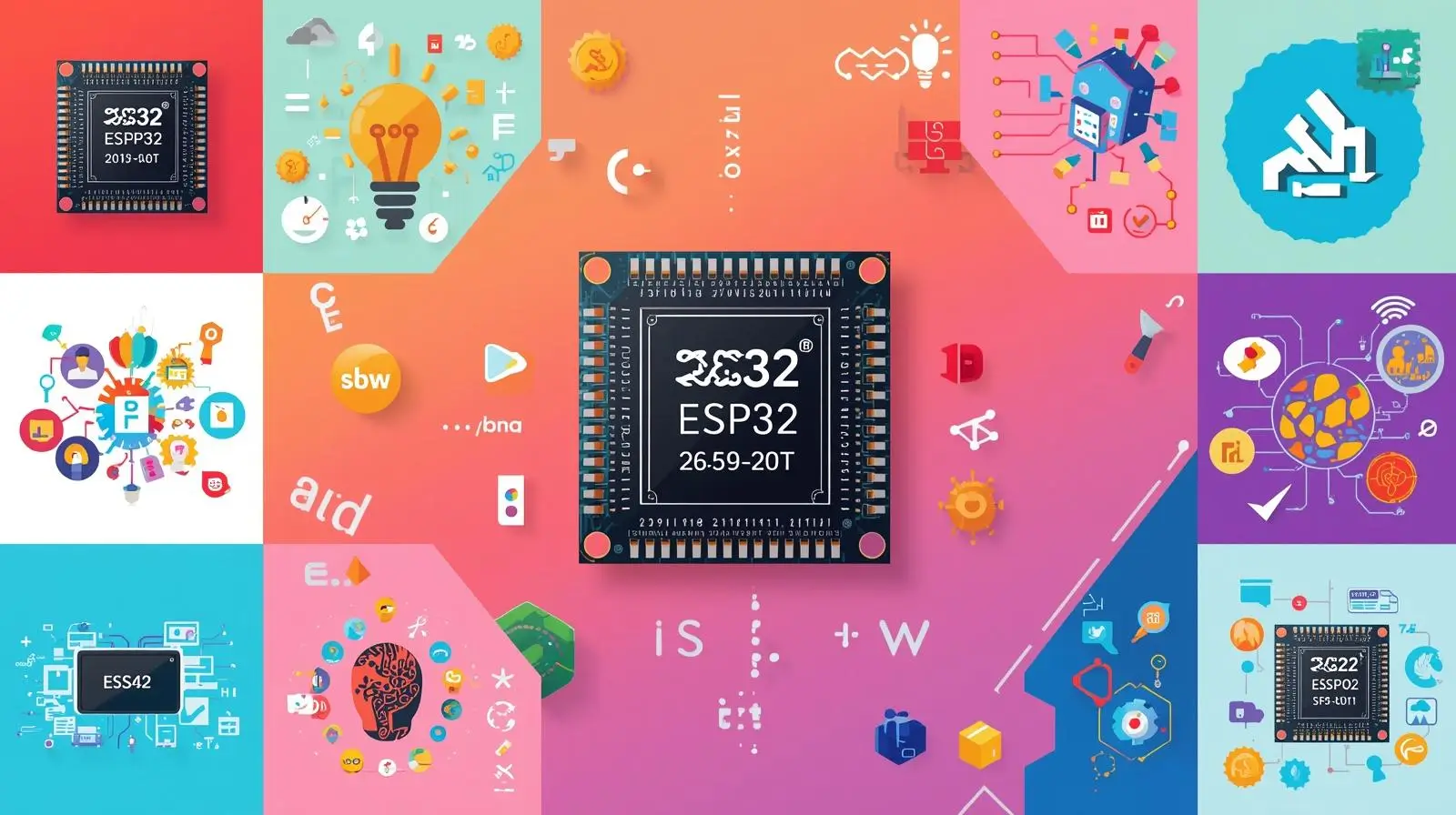RFID (Radio Frequency Identification) has quietly become one of the most powerful technologies of the decade. While most people know it for retail tags or access cards, its global impact is far bigger. From pharmaceuticals to aviation, from manufacturing to sports, RFID is transforming how businesses track, verify, and manage everything that moves.
As companies worldwide look for faster, contactless, and highly accurate systems, RFID is emerging as a leading technology shaping modern operations and industry standards.
What Makes RFID a Worldwide Trend?
Three reasons explain why RFID is going viral across industries:
Accuracy without human effort
Instant scanning from a distance
Real-time visibility of assets, products, and people
RFID does what barcodes cannot—scan multiple items at once, even if they're not in direct view.
Lesser-Known RFID Applications That Are Growing Worldwide
Most people think RFID is used only for access control, product tagging, or toll collection. In reality, its global applications are expanding at a high speed.
Here are the most surprising and fast-growing uses:
1. RFID in Aviation & Airports
Airlines now use RFID tags to track baggage with 99% accuracy. It reduces lost luggage, shortens check-in time, and helps airlines monitor baggage movement across countries.
Major airports use RFID for:
- Real-time baggage location
- Automated boarding verification
- Tracking ground service equipment
- Monitoring aircraft parts for maintenance
2. RFID in Healthcare & Hospitals
RFID is quietly becoming essential in medical safety.
Hospitals use it for:
- Tracking surgical tools
- Monitoring movement of medical equipment
- Managing blood bags and organ transport
- Verifying authenticity of medicines
- Locating patients in emergency care units
It helps prevent mix-ups, delays, and counterfeit drugs.
3. RFID in Supply Chain & Logistics
Global brands use RFID to track goods from factory to customer.
Key uses include:
- Package-level tracking
- Cold-chain monitoring for food and pharma
- Warehouse automation
- Smart pallets and containers
- Real-time shipment updates
This improves speed, reduces losses, and enables full transparency.
4. RFID in Fashion & Retail
Retailers are adopting RFID for efficiency and customer experience.
Applications include:
- Automated inventory checks
- Theft prevention
- Smart fitting rooms
- Faster billing counters
- Return fraud detection
RFID is now a core tool for managing large retail chains.
5. RFID in Sports & Events
Sports events worldwide use RFID to track athletes' performance.
Examples:
- Marathon timing chips
- Player movement tracking in stadiums
- Ownership of sports merchandise
- Restricted-area access
It helps organisers collect accurate data instantly.
6. RFID in Manufacturing & Industry 4.0
Factories use RFID to automate production lines.
Major uses include:
- Tracking raw materials
- Monitoring each stage of production
- Equipment maintenance schedules
- Worker safety tracking
- Tool identification
RFID helps reduce downtime and improve efficiency.
7. RFID in Libraries & Education
Libraries worldwide now use RFID for:
- Automated book checkout
- Anti-theft protection
- Real-time shelf inventory
- Tracking student attendance
It reduces manual work and improves service.
8. RFID in Food Traceability
Restaurants, food producers, and exporters use RFID for:
- Monitoring freshness
- Tracking farm-to-table movement
- Ensuring compliance
- Avoiding contamination
It supports food safety programs globally.
9. RFID in Automotive & Fleet
Across the world, vehicles are equipped with RFID for:
- Assembly line tracking
- Maintenance history
- Fleet movement tracking
- Access control in factories
It improves quality control in automotive production.
10. RFID in Security & Identity Verification
RFID ID cards are used worldwide for:
- Employee access
- Hotel key cards
- Government buildings
- Event passes
- Student IDs
They offer fast, contactless verification.
Why RFID Is Becoming a Global Standard
RFID is growing worldwide because it offers:
Industries want transparency, automation, and speed—RFID delivers all three.
Conclusion
RFID is no longer a niche technology. It is becoming a global backbone for tracking, automation, logistics, healthcare safety, aviation efficiency, and product authenticity. As industries move toward digital transformation in 2025, RFID will continue to expand into areas most people have never imagined.




